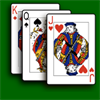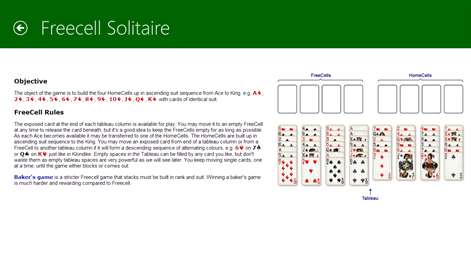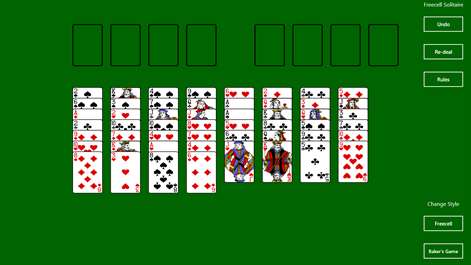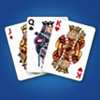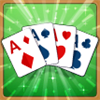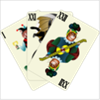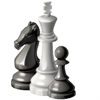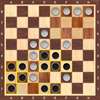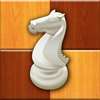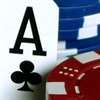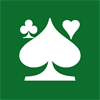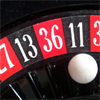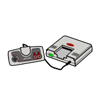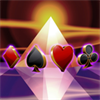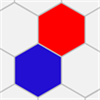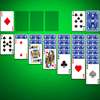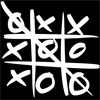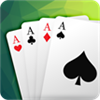 PC
PC Mobile device
Mobile deviceInformation
English (United States)
Description
FreeCell is a solitaire-based card game played with a 52-card standard deck. It is fundamentally different from most solitaire games in that very few hands are unsolvable.[1] Although software implementations vary, most versions label the hands with a number (derived from the random number seed used to generate the hand).
Rules
Construction and layout: One standard 52-card deck is used. There are four open cells and four open foundations. Some alternate rules use between one to ten cells. Cards are dealt into eight cascades, four of which comprise seven cards and four of which comprise six. Some alternate rules will use between four to ten cascades. Building during play: The top card of each cascade begins a tableau. Tableaux must be built down by alternating colors. Foundations are built up by suit. Moves: Any cell card or top card of any cascade may be moved to build on a tableau, or moved to an empty cell, an empty cascade, or its foundation. Complete or partial tableaus may be moved to build on existing tableaus, or moved to empty cascades, by recursively placing and removing cards through intermediate locations. While computer implementations often show this motion, players using physical decks typically move the tableau at once. Victory: The game is won after all cards are moved to their foundation piles. For games with the standard layout (four open cells and eight cascades) most games are easily solved,[citation needed] but it is easy to construct examples that cannot be solved. Various computer versions of Freecell occasionally deal unsolvable games.
--
Solitaire or patience is a genre of tabletop games, consisting of card games that can be played by a single player.
The purpose of solitaire generally involves manipulating a layout of cards with a goal of sorting them in some manner. However it is possible to play the same games competitively (often a head to head race) and cooperatively.
solitaire games typically involve dealing cards from a shuffled deck into a prescribed arrangement on a tabletop, from which the player attempts to reorder the deck by suit and rank through a series of moves transferring cards from one place to another under prescribed restrictions. Some games allow for the reshuffling of the deck(s), and/or the placement of cards into new or "empty" locations. In the most familiar, general form of solitaire, the object of the game is to build up four blocks of cards going from ace to king in each suit, taking cards from the layout if they appear on the table.
There is a vast array of variations on the solitaire theme, using either one or more decks of cards, with rules of varying complexity and skill levels. Many of these have been converted to electronic form and are available as computer games. Examples of variants on the familiar solitaire theme that may be played with an ordinary packet of cards include Bisley and Prince Albert
People also like
Reviews
-
11/24/2015Small annoyances by Arthur
Only three things I do not care for with this new solitaire game. Of course first and foremost is all the old versions came with the computer and were without the annoying advertisements. Secondly the graphics do not appear to be as clear as the old versions. Lastly there is no way that I can tell that you can reset the statistics to 0. The older games had that option, however I can't find it on the newer windows versions.
-
9/27/2015Old version was better by Mary Anne
No hints, no restart to try again, more clicks to move cards, harder to find. Really preferred the original version. Really don't want to share everything. Solitaire is a single person game!
-
12/15/2015Great Game by Maggie
Pretty great . . . the only thing I would like is for the aces and following cards to pop up to the top instead of having to drag them there. Otherwise, a very enjoyable game!
-
7/17/2015free cell solitaire by gordon
Best game to simultaneous break from work -- momentary relaxation -- and yet provide mental stimulus at the same time.

